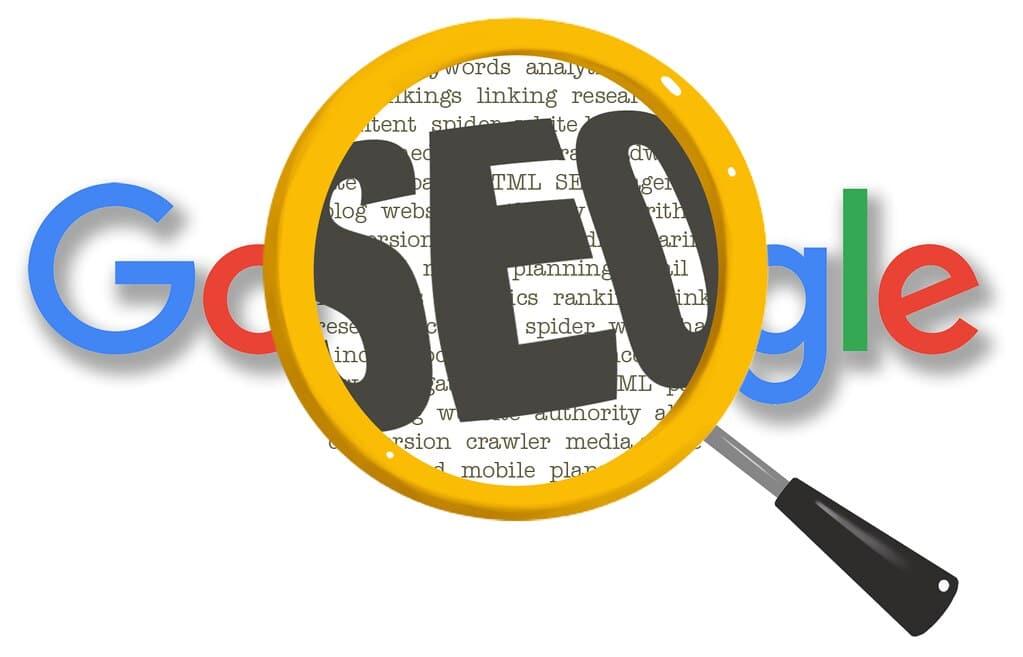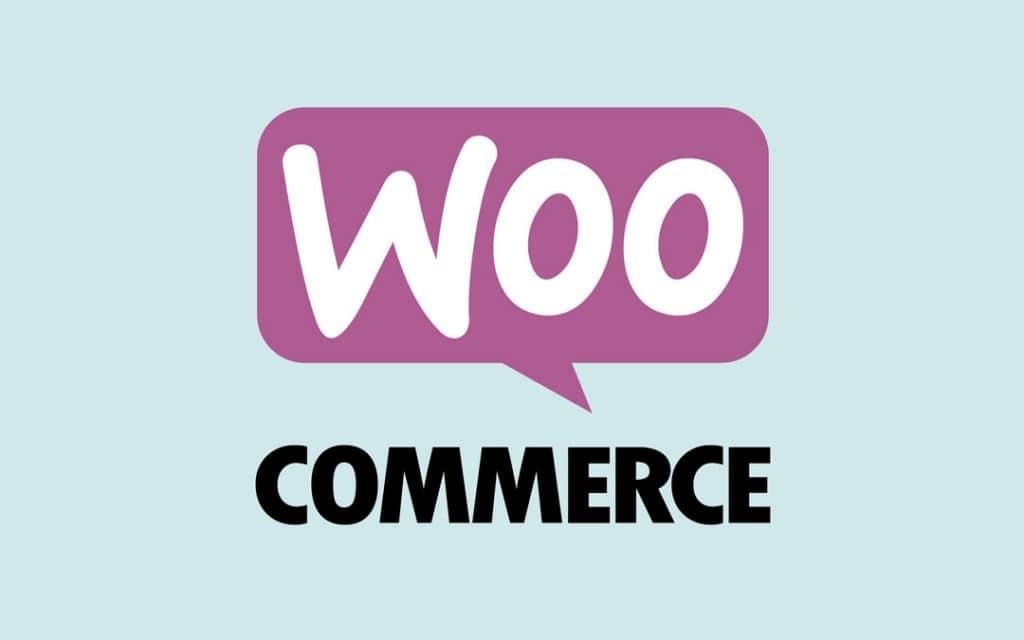Ready to turn your passion for writing into profit? Selling eBooks on WordPress is easier than you think! In our 2025 guide, we’ll walk you through every step—setting up your site, choosing the right plugins, and marketing your masterpiece. Let’s get started!
How to Sell eBooks on WordPress: The Complete 2025 Guide
Are you ready to turn your passion for writing into a profitable venture? In today’s digital landscape, selling eBooks on WordPress has become a lucrative opportunity for authors and entrepreneurs alike. Whether you’re a seasoned writer looking to reach a wider audience or a newcomer eager to share your unique insights, WordPress provides the perfect platform to showcase your work and connect with readers. In this complete guide for 2025, we’ll walk you through the ins and outs of setting up your eBook store, from choosing the right plugins to mastering marketing strategies that will boost your sales. So, grab a cup of coffee, and let’s dive into the world of eBook publishing on WordPress—you might just find that your next bestseller is just a few clicks away!
Choosing the Right eBook Niche for Maximum Profit
Finding the right eBook niche can feel like searching for a needle in a haystack, but with the right approach, you can pinpoint a lucrative market that maximizes your profits. Start by examining your own interests and expertise. If you’re passionate about a subject, chances are others will be too. Plus, your enthusiasm will translate into authentic writing that resonates with readers.
Consider conducting thorough market research to identify trending topics and gaps in the current offerings. Here are a few strategies to help you hone in on the perfect niche:
- Keyword Research: Utilize tools like Google Trends or keyword planners to uncover what potential readers are searching for.
- Competitive Analysis: Analyze successful eBooks in your desired categories. What do they offer? How can you differentiate your product?
- Audience Feedback: Engage with potential readers through social media or forums. Ask them what challenges they face that you can address through your eBook.
Once you’ve identified a few promising niches, it’s crucial to evaluate their profitability. Consider the following factors:
| Niche Example | Market Demand | Competition Level | Potential Price Point |
|---|---|---|---|
| Health & Wellness | High | Medium | $15-$30 |
| Personal Finance | High | High | $20-$50 |
| DIY & Crafts | Medium | Low | $10-$25 |
Look for niches with a balance of high demand and manageable competition. A niche that attracts a passionate audience but isn’t overly saturated will give you a better chance to stand out and achieve sales. Once settled on a niche, think about how you can add unique value. This could be through original insights, practical tips, or engaging storytelling that makes your eBook not just informative but also enjoyable.
Ultimately, the key to selecting the right niche is a blend of passion, research, and strategic planning. By aligning your interests with market demand and competition, you’re not just writing an eBook; you’re building a product that can generate income and create a loyal reader base. Dive deep into your chosen niche, and let your knowledge and creativity shine through!
Setting Up Your WordPress Site: Essential Steps for Success
When embarking on your journey to sell eBooks on WordPress, the first step is to choose the right hosting provider. This decision will affect your site’s speed, security, and overall performance. Look for hosting services that offer:
- Reliable uptime: Ensure your provider has a strong track record of keeping sites online.
- Excellent customer support: 24/7 assistance can help you tackle any issues promptly.
- WordPress compatibility: Choose hosts that specialize in WordPress to simplify the setup process.
Next, you’ll want to install WordPress. Most reputable hosting providers offer one-click installation, making it a breeze. Once installed, it’s time to select a theme that aligns with your eBook’s niche. A visually appealing and responsive theme will enhance user experience and boost conversions. Consider themes that allow for:
- Customizable layouts: Tailor your site to reflect your brand.
- Mobile-friendliness: Ensure your site looks great on all devices.
- SEO optimization: Choose themes that support SEO best practices to help your site rank better.
After choosing a theme, the next crucial step is to install essential plugins. These plugins will enhance your site’s functionality and streamline the selling process. Some must-have plugins for selling eBooks include:
- WooCommerce: This versatile plugin allows you to set up a full-fledged online store.
- Easy Digital Downloads: Specifically designed for selling digital products, it’s user-friendly and effective.
- Yoast SEO: Improve your site’s visibility on search engines with this powerful SEO tool.
To sell eBooks effectively, create dedicated product pages for each book. Make sure to include high-quality images and compelling descriptions that resonate with your target audience. Consider using a table to display key features of each eBook:
| eBook Title | Genre | Price |
|---|---|---|
| Mastering Marketing | Business | $19.99 |
| The Art of Cooking | Cookbook | $14.99 |
| Fitness for Life | Health | $12.99 |
Lastly, don’t underestimate the power of marketing your eBooks. Utilize social media, email newsletters, and SEO strategies to drive traffic to your site. Create engaging content that not only showcases your expertise but also builds a community around your brand. With these essential steps in place, you’ll be well on your way to establishing a successful eBook business on WordPress.
Crafting a Compelling eBook Cover That Sells
Creating an eBook cover that captivates potential readers is essential in a crowded digital marketplace. Your cover is often the first impression of your eBook, and as the adage goes, you never get a second chance to make a first impression. With the right design elements, you can draw in your audience and increase your sales significantly.
Here are some key considerations when crafting your eBook cover:
- Color Psychology: Colors evoke emotions. Choose a palette that resonates with your genre. For instance, vibrant colors may attract a younger audience, while muted tones may appeal to a more mature readership.
- Typography: The fonts you select should be legible and reflect the tone of your book. Avoid overly decorative fonts that could distract or confuse potential readers.
- Imagery: Use high-quality images that relate directly to your book’s content. Whether it’s a photograph, illustration, or abstract design, it should tell a story at a glance.
- Branding: If you have a series, maintain a consistent style across all covers. This creates a recognizable brand identity that can foster reader loyalty.
To optimize your cover for digital platforms, make sure to adhere to the recommended specifications. Most eBook retailers have guidelines for cover size and resolution; meeting these standards will help ensure your cover looks great on any device.
Consider using tools and platforms that can simplify the design process. Programs like Canva, BookCoverZone, or Adobe Spark offer user-friendly interfaces and templates that can help you create a professional-looking cover without needing extensive graphic design skills.
Table: Elements of a Successful eBook Cover
| Element | Description | Importance |
|---|---|---|
| Color | Sets the emotional tone | High |
| Font | Conveys readability and genre | High |
| Imagery | Visual appeal and relevance | Medium |
| Consistency | Brand identity across titles | Medium |
test your cover design. Show it to friends or potential readers and gather feedback. A fresh set of eyes can provide insights that you might have overlooked. Remember, your goal is to create an eBook cover that not only looks good but also sells well. By investing time and effort into this critical aspect of your eBook, you’ll be one step closer to achieving your sales goals.
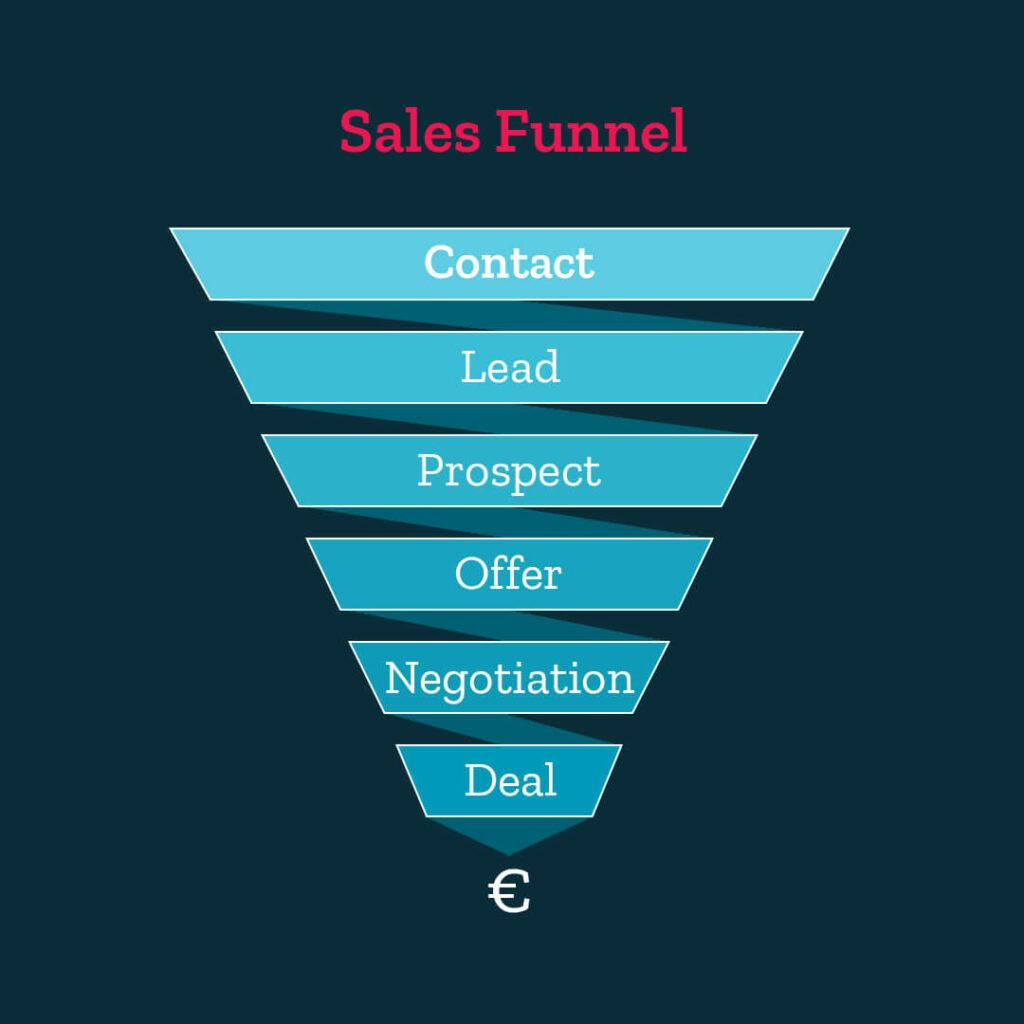
Creating a Seamless Sales Funnel to Boost Conversions
To effectively sell eBooks on WordPress, it’s crucial to design a sales funnel that guides potential customers seamlessly from awareness to conversion. The key is to create engaging touchpoints that not only attract visitors but also encourage them to take action. Here’s how to structure your funnel:
1. Awareness
At the top of your funnel, you need to capture attention. This stage involves:
- Blog Posts: Share valuable content that aligns with the themes of your eBook.
- Social Media Marketing: Use platforms like Instagram and Facebook to showcase snippets and insights.
- Lead Magnets: Offer free resources such as chapters or checklists in exchange for email addresses.
2. Interest
Once you have your audience’s attention, it’s time to cultivate their interest. Engage them with:
- Email Newsletters: Regular updates that provide value and introduce your eBook.
- Webinars or Live Q&A: Interactive sessions where you can delve deeper into your book’s topics.
- Testimonials: Share success stories from readers who have benefited from your eBook.
3. Decision
Now that your audience is interested, help them make a decision. This could be facilitated by:
- Compelling Sales Pages: Create a dedicated landing page with persuasive copy and visuals.
- Limited-Time Offers: Provide discounts or bonuses for a short period to create urgency.
- FAQs Section: Address common concerns and questions to reduce hesitations.
4. Action
it’s time to convert interest into sales. Ensure your checkout process is optimized:
- Simple Checkout: Minimize the number of steps to make purchasing easy.
- Multiple Payment Options: Offer various payment methods to cater to different preferences.
- Clear Call to Action: Use strong, action-oriented buttons like “Buy Now” or “Get Your Copy Today!”
5. Retention
After the sale, keep your customers engaged by:
- Follow-Up Emails: Thank them for their purchase and suggest related products or content.
- Community Building: Create a forum or group where readers can discuss your eBook and share feedback.
- Surveys: Gather insights on their experience to improve future offerings.
Key Metrics to Monitor
| Metric | What to Track | Goal |
|---|---|---|
| Traffic Sources | Where visitors are coming from | Increased Organic Search |
| Conversion Rate | % of visitors making a purchase | 5% increase monthly |
| Customer Retention | Repeat purchases and engagement | Maintain 20% retention |
By implementing these strategies, you’ll create a robust sales funnel that not only boosts conversions but also fosters lasting relationships with your readers. With a well-structured approach, your eBook sales can flourish on WordPress.

Using SEO Strategies to Drive Traffic to Your eBook
To effectively drive traffic to your eBook, it’s essential to leverage SEO strategies that not only enhance visibility but also engage your target audience. Start by conducting thorough keyword research to identify terms and phrases that your potential readers are searching for. Use tools like Google Keyword Planner or Ubersuggest to find relevant keywords with a good search volume and low competition. Incorporate these keywords naturally into your eBook title, description, and throughout your blog posts.
Another critical aspect of SEO is optimizing your website’s structure and content. Ensure that your site is easy to navigate, with a clear menu and logical categorization of your posts. Use clear headings and subheadings (H1, H2, H3) to organize your content. Not only does this make it easier for readers to find what they’re looking for, but it also helps search engines understand the hierarchy of your content. Remember to also include internal links to related blog posts and your eBook page, which keeps visitors engaged longer and boosts your overall SEO.
Content is king in the world of SEO, so consider creating a variety of engaging formats to attract different types of readers. In addition to blog posts, you can produce:
- Infographics that summarize key points from your eBook
- Videos discussing themes or concepts found in your book
- Podcasts that delve deeper into your eBook content
This multi-format approach not only improves your SEO but also broadens your reach across different platforms.
Don’t forget about the importance of backlinks. Aim to get your eBook featured or reviewed on other reputable sites in your niche. Guest blogging is an excellent strategy for this. When you write a guest post, include a link back to your eBook, which helps in building authority and improves your SEO ranking. Make sure to share these guest posts across your social media channels to maximize exposure.
Lastly, always track and analyze your SEO performance. Use tools like Google Analytics to monitor traffic sources, user behavior, and conversions. Adjust your strategies based on data insights; for example, if certain keywords lead to higher traffic but lower conversions, you might need to refine your content or call-to-action. By staying adaptive and informed, you’ll continually optimize your approach to driving traffic to your eBook.
| SEO Strategy | Description |
|---|---|
| Keyword Research | Identify popular search terms related to your eBook. |
| Website Optimization | Ensure user-friendly navigation and clear headings. |
| Content Variety | Create infographics, videos, and podcasts. |
| Backlink Building | Get features or reviews on reputable sites. |
| Performance Tracking | Analyze traffic and adjust strategies accordingly. |
Leveraging Social Media to Promote Your eBook Effectively
Social media is a treasure trove of opportunities for promoting your eBook. By leveraging various platforms, you can significantly increase your reach and engage with potential readers where they already spend their time. Here are some effective strategies to consider:
- Identify Your Audience: Understand who your target readers are and which social media platforms they frequent. Tailor your content to resonate with their interests and preferences.
- Create Eye-Catching Visuals: Invest in high-quality graphics that highlight your eBook’s cover, key quotes, or enticing excerpts. Visual content is more likely to capture attention and shareability.
- Utilize Hashtags: Use relevant hashtags to expand your reach. Research trending topics within your genre and include those hashtags in your posts to attract a broader audience.
- Engage with Your Audience: Don’t just post; interact! Respond to comments, ask questions, and create polls to foster a sense of community around your eBook.
Platforms like Instagram, Twitter, and Facebook offer unique ways to promote your eBook. For instance, Instagram Stories can provide sneak peeks or behind-the-scenes looks at your writing process. On Twitter, you can share short, impactful quotes that intrigue potential readers. Facebook groups can serve as excellent spaces for discussions related to your book’s themes or genres.
Consider running targeted ads to reach specific demographics. Social media advertising allows you to hone in on users based on their interests, behaviors, and even location. A well-targeted ad can dramatically increase your visibility and drive traffic to your eBook sales page.
| Platform | Best Content Type | Engagement Tip |
|---|---|---|
| Visuals & Stories | Host a giveaway! | |
| Quotes & Threads | Use polls to engage followers. | |
| Long-form Posts | Create a dedicated group. |
Lastly, don’t underestimate the power of partnerships. Collaborating with influencers or other authors can help you tap into new audiences and build credibility. Consider arranging joint promotions or guest posts that benefit both parties. Building relationships within the literary community can create ripple effects, enhancing your visibility and boosting sales.
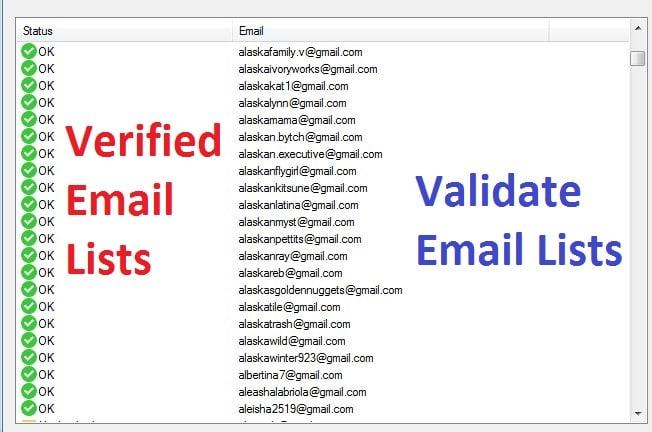
Building an Email List to Foster Long-Term Customers
Building an email list is one of the most effective strategies for nurturing long-term relationships with your customers. It’s not just about collecting emails; it’s about creating a community that believes in your brand and products. Here’s how you can turn your list into a powerhouse for customer loyalty.
First off, incentivize your subscribers. Whether it’s a free chapter of your ebook, exclusive discounts, or access to valuable content, give your audience a reason to sign up. Some effective incentives include:
- Free downloads or samples
- Early bird access to new releases
- Exclusive webinars or Q&A sessions
Once you’ve got them on your list, you need to engage your audience. Personalization is key! Use their names in your emails and tailor content based on their interests or previous purchases. This not only makes your emails feel more personal, but it also increases the likelihood that they will engage with your content. Consider segmenting your list based on factors like:
- Purchase history
- Browsing behavior
- Geographic location
Don’t just send promotional emails; offer substantial value. Create a schedule for your emails that includes a mix of content types. For example:
| Email Type | Frequency | Content Ideas |
|---|---|---|
| Newsletter | Monthly | Industry trends, tips, and updates |
| Promotional | Bi-weekly | Special offers, new releases |
| Engagement | Weekly | Surveys, feedback requests |
Lastly, always be open to feedback. Encourage your subscribers to share their thoughts on your ebooks and content. This not only helps you improve but also makes your customers feel valued. Consider using polls or surveys to gather insights on what they want to see next. Remember, a thriving email list is one that feels heard and appreciated.

Selecting the Best Plugins to Enhance Your Selling Experience
When it comes to selling eBooks on WordPress, the right plugins can dramatically enhance your selling experience, making it smoother for both you and your customers. Here are some essential plugins to consider:
- Easy Digital Downloads: This powerful plugin is specifically designed for selling digital products. It offers features like a user-friendly checkout process, discount codes, and detailed sales reporting.
- WooCommerce: Known for its versatility, WooCommerce allows you to sell not just eBooks but also physical products. With its extensive plugin ecosystem, you can customize your store and add functionalities as needed.
- WP Simple Pay: If you prefer a straightforward payment solution, WP Simple Pay is a great option. It integrates with Stripe for easy payment processing, allowing you to sell eBooks without the hassle of a full shopping cart system.
- MemberPress: If you want to create a membership site or subscription service for your eBooks, MemberPress makes it easy to manage subscriptions and restrict access to content.
Each of these plugins comes with its own unique features, so consider your specific needs when making a choice. To help you see the differences, here’s a quick comparison:
| Plugin | Best For | Key Features |
|---|---|---|
| Easy Digital Downloads | Digital Products | User-friendly interface, discount codes, sales stats |
| WooCommerce | Versatile Selling | Wide range of products, plugin compatibility, customizable |
| WP Simple Pay | Simple Payments | Direct Stripe integration, easy setup |
| MemberPress | Membership Sites | Content restriction, subscription management |
Additionally, consider using plugins that focus on marketing and SEO. Yoast SEO can help optimize your product pages, ensuring they rank well in search engines, while Mailchimp for WordPress can assist in building your email list for future marketing campaigns. This combination of sales, marketing, and customer management tools can create a more cohesive platform for selling your eBooks.
Ultimately, the best plugins for your eBook sales will depend on your individual goals and the experience you want to provide for your customers. Take some time to explore these options, test their features, and find the perfect plugins that align with your selling strategy. With the right tools in place, you’ll be well on your way to a successful eBook business on WordPress.
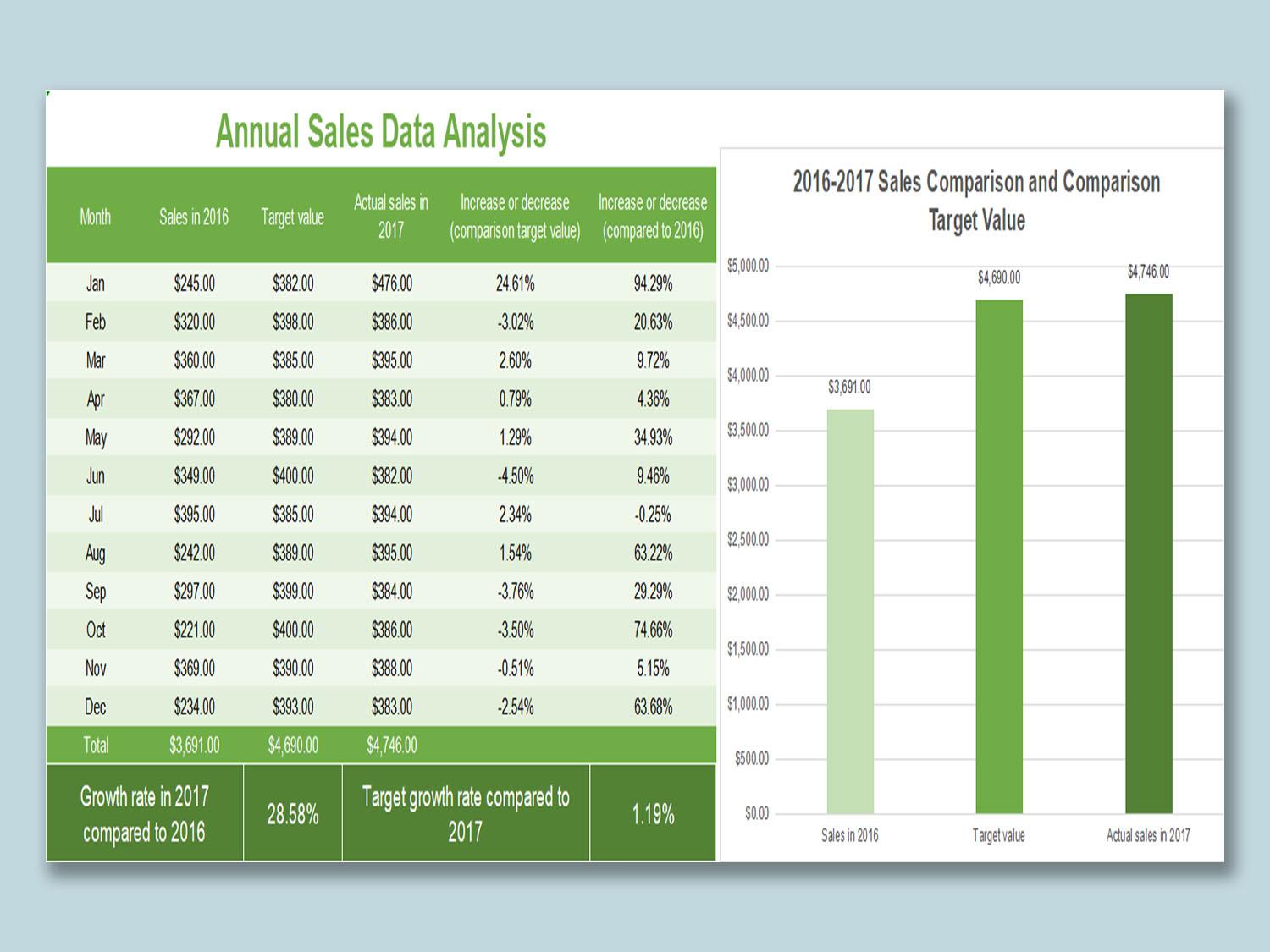
Analyzing Sales Data to Optimize Your eBook Strategy
To truly elevate your eBook sales on WordPress, delving deep into your sales data is essential. Not only does this information provide insights, but it also serves as a roadmap for refining your marketing strategies. By meticulously analyzing trends, customer behaviors, and sales patterns, you can make informed decisions that enhance your overall approach.
Start by collecting data from various sources, including:
- Sales Reports: Review your monthly and quarterly sales data to identify peaks and troughs.
- Customer Feedback: Gather insights from reviews and ratings to understand what readers appreciate and what needs improvement.
- Website Analytics: Track visitor behavior on your WordPress site to see which pages convert the most.
- Social Media Engagement: Monitor which posts generate buzz and how they correlate with sales spikes.
Once you’ve gathered this data, it’s time to look for patterns. For instance, do certain genres perform better during specific seasons? Are there particular times of day when your eBooks sell more? Identifying these patterns can help you tailor your marketing efforts effectively. You might create promotional campaigns that align with these trends, ensuring you capitalize on high-traffic periods.
| Sales Channel | Monthly Sales | Conversion Rate |
|---|---|---|
| Website | $2,500 | 5% |
| Social Media | $1,500 | 4% |
| Email Marketing | $3,000 | 6% |
Another critical aspect is segmenting your audience based on their buying behavior. For example, you might find that frequent buyers respond well to exclusive offers or loyalty programs. Developing targeted marketing strategies for different segments can significantly boost engagement and conversions. Consider sending personalized emails or creating specific landing pages that cater to these groups.
don’t overlook the power of A/B testing. Experiment with different pricing strategies, promotional offers, and even cover designs. By analyzing the results, you can determine what resonates best with your audience and optimize your sales funnel accordingly. Each small tweak can lead to substantial increases in sales when backed by solid data.

Engaging with Readers: Building a Community Around Your eBook
Connecting with your readers is crucial for fostering a loyal community around your eBook. Not only does this engagement drive sales, but it also transforms your readers into advocates for your work. Here are some effective strategies to build that connection:
- Leverage Social Media: Create dedicated pages or groups on platforms like Facebook, Instagram, and Twitter to interact directly with readers. Share insights, ask for feedback, or even involve them in the creative process for your next eBook.
- Host Virtual Events: Organize webinars, Q&A sessions, or live readings. These events offer readers a chance to engage with you in real-time, creating a personal connection that can enhance loyalty.
- Create a Newsletter: Regularly update your readers with news, exclusive content, or behind-the-scenes looks at your writing process. A newsletter keeps your community informed and excited about your work.
- Encourage Reader Interaction: Incorporate call-to-action prompts at the end of your chapters or on your website. Ask readers to share their thoughts or experiences related to your content, fostering a two-way conversation.
Another powerful way to build community is through your website. Consider implementing a blog section where you can share additional insights related to your eBook’s themes. This space not only attracts readers but also establishes your authority in the subject matter.
| Content Type | Objective | Frequency |
|---|---|---|
| Blog Posts | Enhance authority, share insights | Weekly |
| Social Media Updates | Engage and inform | Daily |
| Newsletters | Keep readers updated | Monthly |
encourage reader-generated content, such as reviews or fan art. This not only engages your audience but also provides you with valuable feedback and promotional material. Showcasing this content on your website or social media can deepen the sense of community and make your readers feel valued.
By actively engaging with your readers and nurturing a community, you create a thriving ecosystem that benefits both you and your audience. Remember, every interaction counts, and building meaningful connections can lead to lifelong readers.
Frequently Asked Questions (FAQ)
Q&A: How to Sell eBooks on WordPress: The Complete 2025 Guide
Q1: Why should I consider selling eBooks on WordPress?
A1: Great question! Selling eBooks on WordPress allows you to tap into a massive audience while maintaining full control over your content and branding. With a user-friendly interface and tons of plugins designed specifically for digital products, WordPress makes it easy to build an attractive online store, manage sales, and connect with your readers. Plus, eBooks are a brilliant way to monetize your expertise or passion!
Q2: What do I need to get started selling eBooks on WordPress?
A2: To kick things off, you’ll need a WordPress site (or create one if you haven’t already). Choose a hosting provider, select a domain name, and decide on a theme that reflects your brand. Next, you’ll want essential plugins for eCommerce, like WooCommerce or Easy Digital Downloads, to handle sales and payments efficiently. Don’t forget to prepare your eBook in PDF or ePub format, and consider some eye-catching cover art to attract buyers!
Q3: How do I set up my eBook for sale on WordPress?
A3: Setting up your eBook is straightforward! With WooCommerce, for example, you can create a new product, upload your eBook file, and specify the price. You can add a compelling description and even set up categories or tags to help with SEO. Remember to optimize your product page with keywords so that potential buyers can easily find your eBook through search engines!
Q4: What payment options should I offer?
A4: Providing multiple payment options is key to maximizing your sales. WooCommerce supports various gateways, including PayPal, Stripe, and credit cards. Offering diverse payment methods caters to different customer preferences, making it easier for them to purchase your eBook. The easier the buying process, the more sales you’re likely to make!
Q5: How can I promote my eBooks effectively?
A5: Promotion is everything! Leverage your existing social media platforms to share snippets or quotes from your eBook, and engage your audience with interesting content. Consider creating a dedicated email list for updates and promotions—this is a goldmine for direct marketing. You could also run paid ads, collaborate with bloggers or influencers in your niche, or even offer a free chapter in exchange for email sign-ups to generate interest.
Q6: Should I worry about pricing my eBook?
A6: Pricing can be tricky, but it’s crucial to strike the right balance. Research similar eBooks in your niche to gauge what readers are willing to pay. You can consider launching with a lower price to attract initial buyers and gather reviews, then slowly increase the price as demand grows. Remember, the value you offer through your content should justify the price.
Q7: Can I use my eBook to build my brand?
A7: Absolutely! Your eBook is a powerful tool for brand building. By providing valuable content that showcases your expertise, you can position yourself as a thought leader in your industry. Include links to your website, social media, and other products or services you offer within the eBook to guide readers back to your brand. Over time, this can significantly increase your visibility and credibility.
Q8: What’s the most important takeaway from this guide?
A8: The most important takeaway is that selling eBooks on WordPress is not just about putting a product online; it’s about creating an experience for your readers. Focus on quality content, a seamless purchasing process, and effective marketing strategies. With dedication and the right approach, you can turn your knowledge into a profitable venture. So, let’s get started on your eBook journey today!
Q9: Where can I find more resources on this topic?
A9: You’re in luck! There are countless blogs, forums, and online courses dedicated to eBook publishing and WordPress eCommerce. Websites like the WordPress Codex, WPBeginner, and various eCommerce blogs can offer valuable insights. Plus, don’t hesitate to join online communities where you can share tips, ask questions, and connect with fellow authors. Happy selling!
In Conclusion
And there you have it! You’re now equipped with all the tools and insights you need to start selling your eBooks on WordPress like a pro. From choosing the right plugins to optimizing your sales pages, every step we’ve covered will help you turn your passion for writing into a profitable venture.
Remember, the key to success lies not just in creating something amazing, but in effectively sharing it with the world. So don’t hesitate to take action! Set up your store, polish up that eBook, and watch as your hard work pays off.
And hey, if you have any questions or need support along the way, the WordPress community has your back. Join forums, connect with fellow authors, and don’t be shy about seeking advice.
Now go ahead and unleash your creativity! Your eBook is waiting to be discovered, and there’s no better time than now to make it happen. Happy selling!

